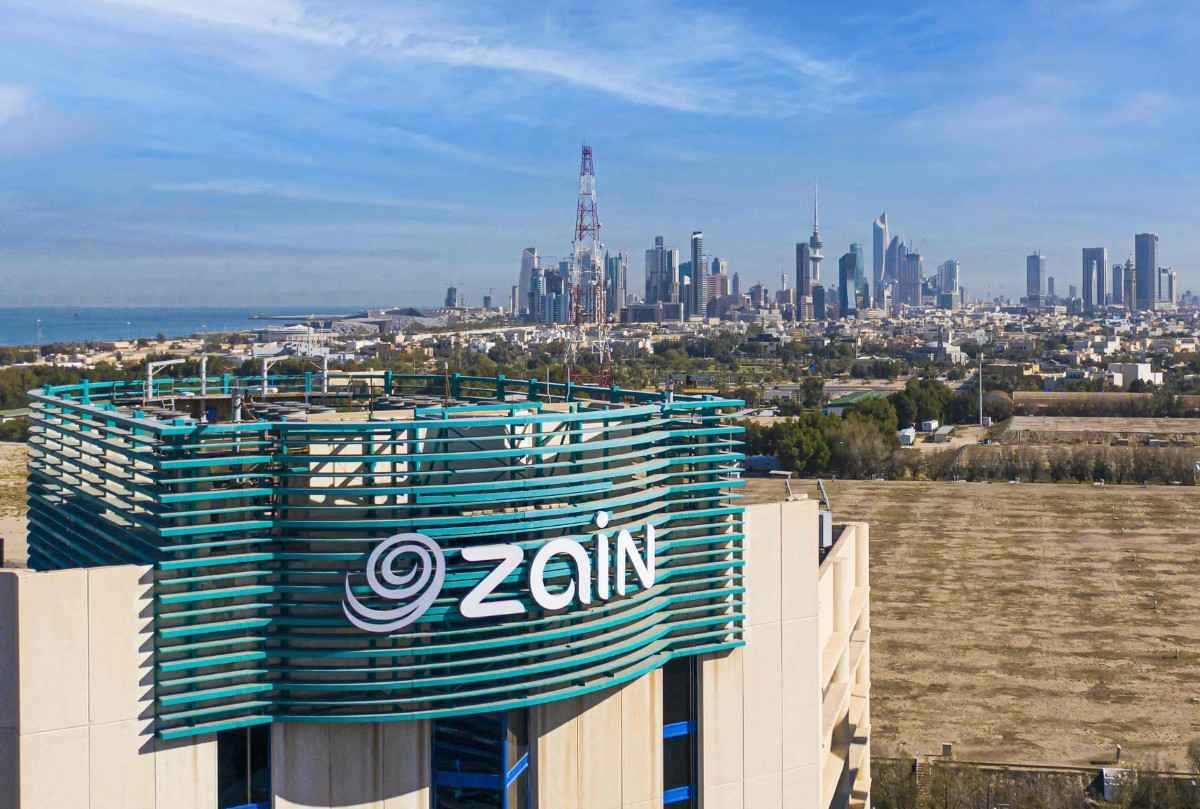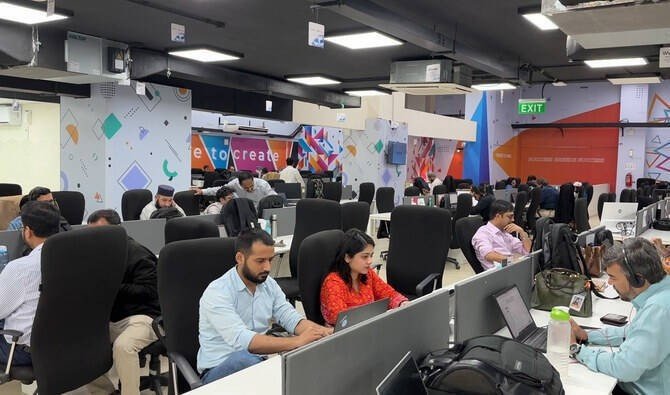Islamabad – September 30, 2025 – The Competition Commission of Pakistan (CCP) is set to grant conditional approval for the USD 400 million merger of Pakistan Telecommunication Company Limited (PTCL) and Telenor Pakistan, marking one of the most extensively reviewed transactions in the country’s telecom history.
The merger, under scrutiny for over 18 months, underwent the Substantial Lessening of Competition (SLC) Test to assess its potential impact on multiple markets, including mobile services, long-distance and international (LDI) services, fixed-line, leased lines, and IP bandwidth.
Exhaustive Review Process
Between September 2024 and August 2025, CCP held five open hearings and several confidential sessions, demanding detailed disclosures such as regulatory separated accounts, interconnection agreements, and business plans. The process faced repeated delays due to incomplete disclosures and technical complexities, but CCP, under Chairman Dr. Kabir Sidhu, refused to compromise on transparency.
The case drew comparisons with international precedents, including Vodafone/Three UK (23 months) and Sprint/T-Mobile in the U.S. (22 months), reflecting the global standard for high-impact telecom mergers.
Market Impact and Conditions
The merger will combine PTCL’s Ufone with Telenor Pakistan, creating a highly concentrated mobile operator. This raised concerns of potential market dominance. To address these risks, CCP’s conditional approval will include safeguards around:
- Pricing regulations to prevent consumer exploitation.
- Interconnection and infrastructure sharing to ensure fair competition.
- Non-discriminatory treatment of competitors.
If implemented effectively, these conditions could balance risks by enhancing service quality, reducing infrastructure duplication, and achieving operational efficiencies.
A Regulatory Litmus Test
The PTCL–Telenor case has been described as a litmus test of CCP’s independence, given significant external and corporate pressure to fast-track the deal. By insisting on rigorous scrutiny, CCP has reinforced its credibility as a guardian of consumer welfare and market fairness in politically and commercially sensitive cases.















